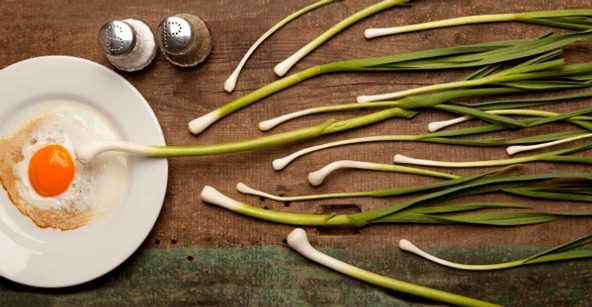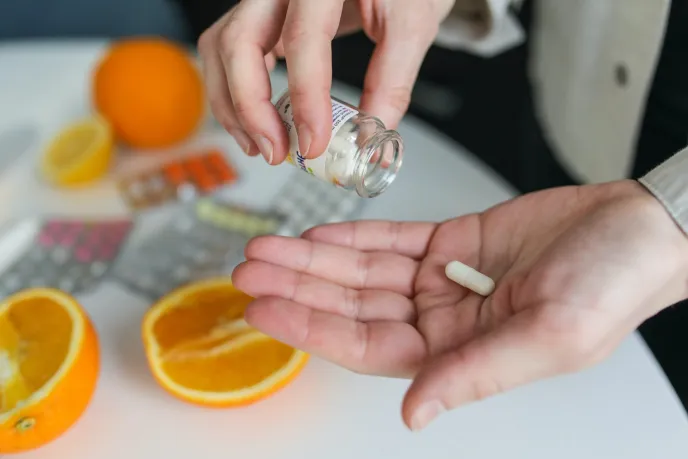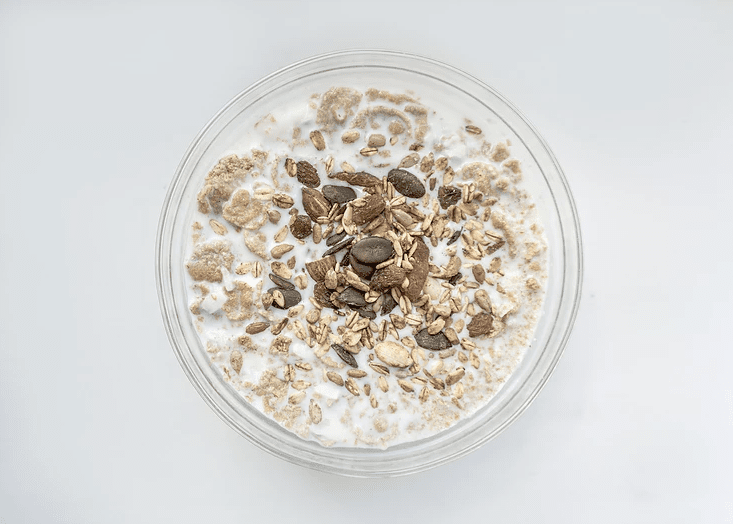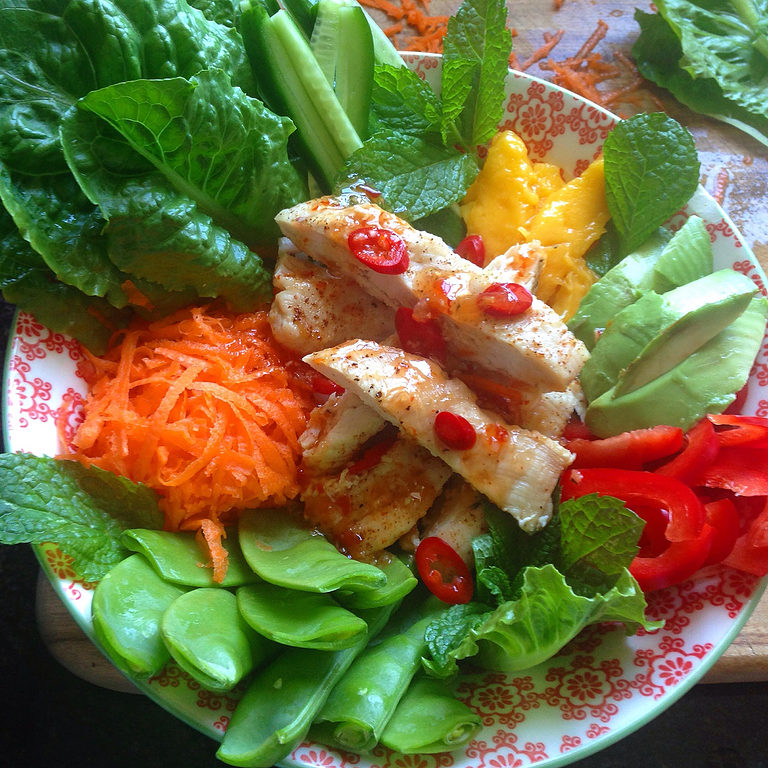If you’re an expectant mother, I’m sure you’re familiar with the list of foods and products you should be steering clear of, from alcohol to raw seafood and stinky cheeses.
So, I’m here to tell you about all the delicious goodies you can load up on that will benefit both you and your developing bundle of joy during this very special time!
Nutrition during pregnancy is absolutely critical to ensure that we set up your baby for the very best start at life. More and more research is highlighting the role of the foods consumed during pregnancy and even the months leading up to conception can have on the foetal programming of your child, which can even predict whether or not your child will develop a range of chronic health conditions!
Supporting your body through great nutrition that changes as you progress throughout your pregnancy, as hormones change, as your body changes and the baby’s nutritional demands increase.
1. Load up on green veggies!
And I’m not just saying this because “I’m the dietitian”… I promise!
Green veggies such as spinach, lettuce, rocket, cabbage, kale, peas, broccoli, beans all contain folate! Folate is an essential B vitamin which plays the role in the development of your baby’s genetic material, which occurs during the formation of your egg and especially in the first trimester. Folate has been shown to protect against neural tube defects such as spina bifida.

As requirements are so high, it is near impossible to reach your daily needs through food alone. Supplementation of folic acid is essential if you’re planning a pregnancy and all throughout, especially in that critical window of the first few months as your baby’s neural tube and DNA starts to form.
Getting folate from your food is important too, folic acid (the form found in supplements) is very slowly converted to the active vitamin form, compared to folate from food.
PLUS, lots of green veggies will help with managing appropriate weight gain during pregnancy too.
2. Enjoy seafood regularly
Seafood provides a couple of key nutrients which helps keep baby healthy. Iodine found in s seafood is essential for the formation of baby’s brain. Its likely this mineral will also be found in your pre-natal vitamin.
However, the other benefit of consuming seafood, especially oily fish, 2-3 times per week is the omega-3 fatty acids which we know is great for the heart, however, evidence shows that it is positive for the visual and cognitive development of baby, and even potentially reducing the risks of allergies in infants. If you’ve got pre-eclampsia or a previous pregnancy where you did have pre-eclampsia, getting enough omega-3 fatty acids can also help. Omega-3 fats are also helpful post-baby to help with dips in mood. The list of benefits are almost endless!
If you don’t consume fish regularly, find out from your dietitian what fish oil supplement is right for you.

Choose oily fish such as salmon or trout (not smoked varieties) a couple of times a week to reap the benefits! Tinned tuna, salmon and sardines are also great sources! These foods will help build your baby’s brain!
Remember, certain types of seafood must be excluded including raw fish (including sashimi), raw oysters, chilled prawns and smoked salmon, as well as large fish such as shark (flake), broadbill, marlin swordfish, catfish & orange roughy should be limited due to their mercury content which can affect baby’s developing nervous system.
3. Love your wholegrains
Wholegrains for pregnant women pack a 1, 2, 3 punch! The first nutrient upside, is the folate fortification from bread-making flour, this process of adding folate to flour is mandatory in Australia.
The second is iodine, iodised salt must be used in Australian bread, poor iodine during pregnancy has been associated with lower IQ levels of the child later in life.
One catch, if you’re purchasing organic breads, they may not be fortified with either folate or iodine.
Due to high needs of these nutrients required in pregnancy, these nutrients will need to be supplemented either through a pregnancy multi-vitamin or individual supplements, ask your pregnancy dietitian for advice on dosages. Ladies, constipation is a serious “side-effect” of pregnancy!
And the third awesome part of wholegrains is dietary fibre!
Ladies, constipation is a serious “side-effect” of pregnancy! This is likely due to your friendly hormone, progesterone, which is helping prepare your body for baby and childbirth, however it can also relax your bowel wall. Plus also a reduction in activity, morning sickness (inadequate fluids moving through the bowel), baby pushing on your bowel or iron supplementation.

Dietary fibre is here to save the day, the fibre found in wholegrains, as well as fruit and veg is critical in helping to keep things moving through your bowel. Go slow when upping your fibre intake, and ensure this is accompanied by extra water too!
Getting up and about for a gentle walk if you’re further along in your pregnancy can help get things moving too! Swimming and yoga are also great gentle forms of exercise during pregnancy.
Ensure you’re including wholegrain breads, cereals, brown rice, homemade popcorn, wholegrain pasta as well as legumes, fruits (particularly berries, kiwi & prunes) & veggies plus nuts & seeds to keep you regular.
4. Pump Up the Iron
As your pregnancy progresses, your blood volume will increase to support your baby, and in each and every red blood cell, you’ll find an iron atom. Outside of pregnancy nearly 20% of women are low in iron, so ensure you’re getting enough from your diet wherever possible.
The best sources are red meats followed by poultry, fish & seafood. Plant sources include fortified cereals (e.g. Weetbix, bread, pasta), legumes & beans, tofu, nuts & seeds, green veggies and dried apricots.

Plant sources of iron are not as well absorbed and require vitamin C to enhance absorption, accompany these foods with a piece of fruit or a vitamin-C rich veggie such as tomatoes or capsicums to maximise absorption. Avoiding tea, coffee and dairy foods around the times you eat iron-rich meals will also help with absorption. You need almost 50% more iron when you’re pregnant to support your baby!
As your needs rise by almost 50% toward the last trimester, getting enough iron from food is essential to avoid iron supplementation which can exacerbate existing constipation (although it’s often needed!)
Iron supplementation or even transfusions may be required during pregnancy depending on your blood levels, consult your GP or obstetrician for more information to get tested and seek advice from a pregnancy dietitian about dosage for iron supplements.

(5) Don’t ditch the dairy
I’m not going to go on and on about calcium and vitamin D (although very important). However, women who don’t meet requirements have baby’s with lower bone mineral mass. Evidence has also shown that dairy food consumption is associated with higher rates of live births!
200 g (3/4 cup) of yoghurt, 40 g of hard cheese (avoid soft cheeses during pregnancy) or 250 mL or 1 cup of milk counts as a serve and pregnant women need 2 and a half serves each day, with many women requiring further supplementation of vitamin D. Get your levels checked by your GP or obstetrician.

Most importantly, remember that you’re not in fact eating for two. In fact, you don’t actually need any extra energy (or calories) in your first trimester! Needs start to rise in the second and third trimester, but it’s no where near double your non-pregnant needs!
Cravings are a normal part of pregnancy, however, maintaining a dietary pattern that is of a high-quality and nutrient dense will set both you and baby up for a healthy, happy pregnancy, delivery and infancy!
Do you need some help getting your pregnancy nutrition on track? Book in for a comprehensive nutrition assessment with me, including a review of your blood work, to ensure that you give your bub the very best start!







